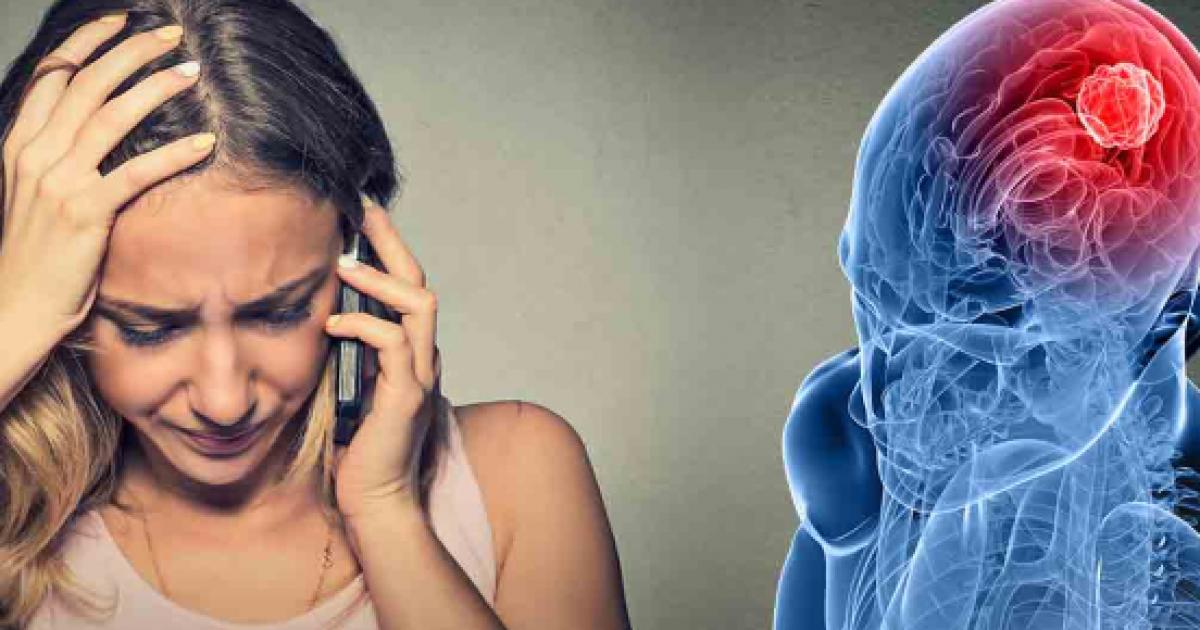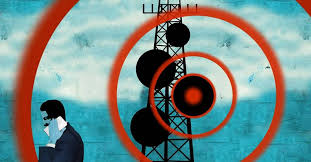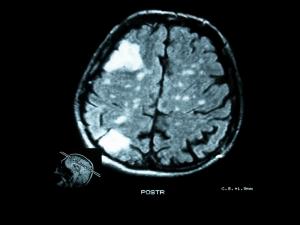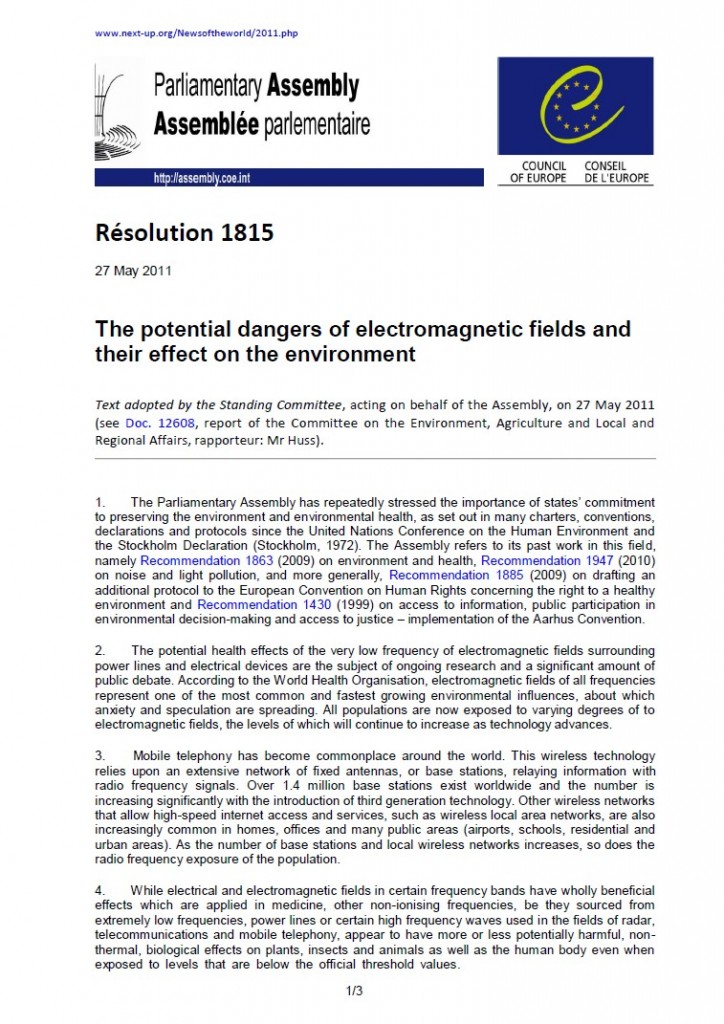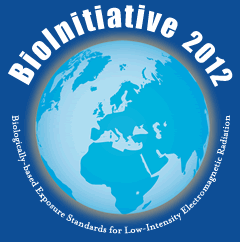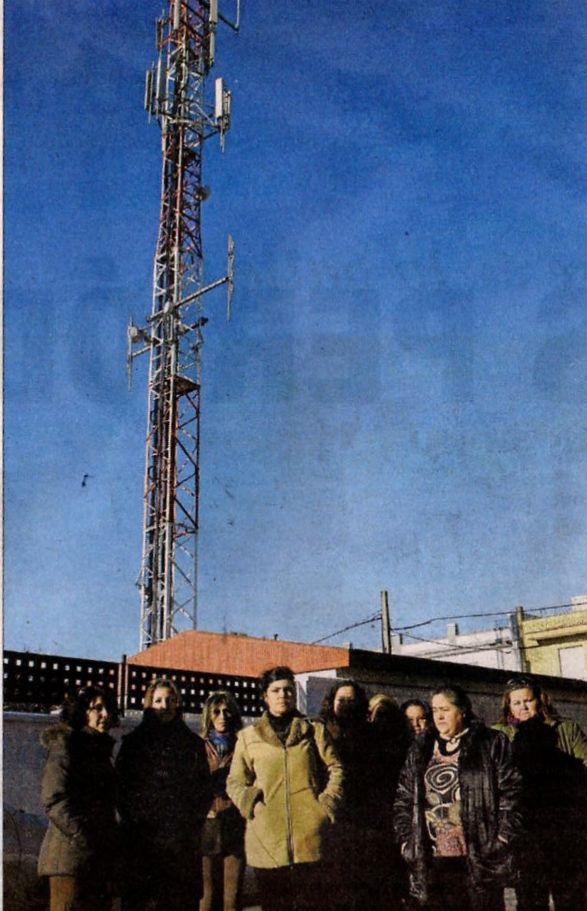Portada del sitio > Prensa > Government accuse wi-fi deceptions: A LEADING radiation expert has accused (...)
IC WALES, 16/10/07
Government accuse wi-fi deceptions: A LEADING radiation expert has accused government scientists of “deliberately deceiving” the public about the safety of wireless internet networks.
Martes 16 de octubre de 2007 · 1331 lecturas
Government accuse wi-fi deceptions
Oct 16 2007 by Madeleine Brindley, Western Mail
Government accuse wi-fi deceptions
A LEADING radiation expert has accused government scientists of “deliberately deceiving” the public about the safety of wireless internet networks.
Biologist Roger Coghill claims that a new Health Protection Agency (HPA) research programme into wireless local area networks will not address the real areas of concern.
The safety of wi-fi has been repeatedly questioned by a growing number of parents and experts after it has been linked to cancer and a condition called electro-sensitivity.
Independent scientists have also said that wi-fi should not be used in schools because of the risk of constant exposure to such radiation.
Carmarthenshire Council has expressed its concerns about the safety of wi-fi and has called for a code of practice to be drawn up.
And the Professional Association of Teachers (PAT) has demanded an inquiry into the health implications of the current programme to install wi-fi networks in thousands of schools.
Philip Parkin, the organisation’s general secretary, said the drive to set up classroom wireless networks should be halted until the dangers are known.
The HPA last week launched a systematic programme of research WLANs and their use, which will include measurements of exposures from the wi-fi network.
Professor Pat Troop, HPA chief executive, said, “There is no scientific evidence to date that wi-fi and wlans adversely affect the health of the general population.
“The signals are very low power, typically 0.1 watt (100 milliwatts) in both the computer and the router (access point) and the results so far show exposures are well within guidelines.
“Given this, there is no particular reason why schools and others should not continue to use wi-fi or other wireless networks.
“However there has not been extensive research into what people’s exposures actually are to this new technology and that is why we are initiating this new programme of research and analysis. We have good scientific reasons to expect the results to be reassuring and we will publish our findings.”
But Mr Coghill, of Pontypool-based Coghill Research Laboratories, who has developed a powerful antioxidant to combat the damaging affects of wi-fi radiation, said, “We just don’t have enough research in place to know what the safe exposure level really is and that’s the result of the downright deception of the public by the HPA and power utilities.
“This is misdirected research using people with a negative opinion which will then be flogged out to the media with spin-doctored press releases.
“The way forward is to accept there is a problem with electromagnetic energy and to deal with it effectively by educating the public and children to use these convenient devices in as safe a way as possible and develop stratagems to neutralise their effects.”
wi-fi is becoming increasingly widely used in homes, schools, offices and throughout the general working and public environments - Wales has the highest number of wi-fi hotspots per million people in the UK, Germany, the USA or Japan, according to a report by Ofcom.
The concerns about the safety arise from the fact people absorb the radiation emitted by WiFi transmitters. A Panorama investigation found the readings of the signal strength at a distance of 50cm from a wi-fi enabled laptop were three times higher than the highest reading from a mobile phone mast.
Even higher readings than these would be found where children are seated close to the transmitters.
The research into wi-fI follows precautionary advice issued by England’s chief medical officer and the HPA discouraging the non-essential use of mobile phones by children.
Judith Davies, whose 16-year-old daughter is at school in Carmarthenshire, said, “The HPA has said it intends to compare the measurements it finds to international guideline recommendations.
“However, it needs to be realised that these guidelines only cover short-term heating effects and not the long-term effects from these low levels of microwave radiation which so many scientists are concerned about.
“These guidelines say they exclude potential long-term effects of exposure, such as an increased risk of cancer. Such a comparison has no relevance.
“Many scientific studies exist, using levels well below these guidelines, which give clear indications of such radiation causing adverse health effects.”
Ver la noticia original AQUÍ
